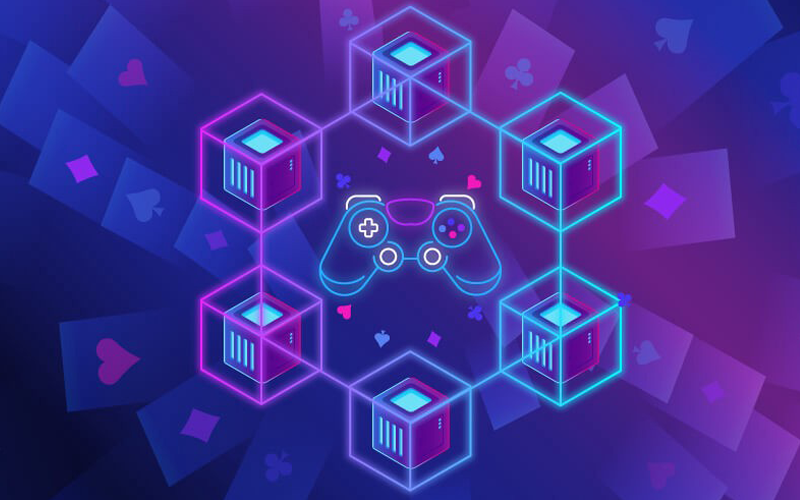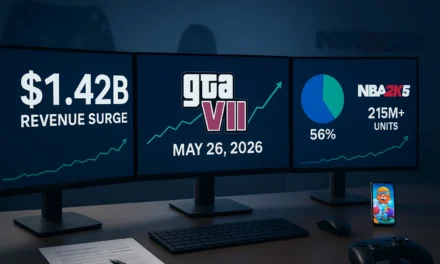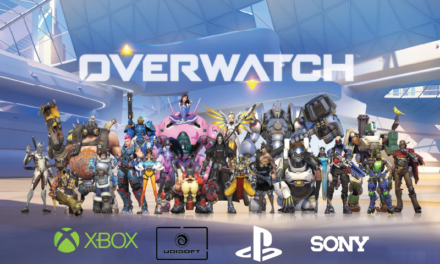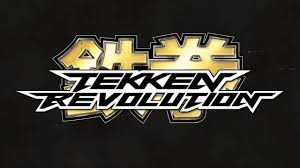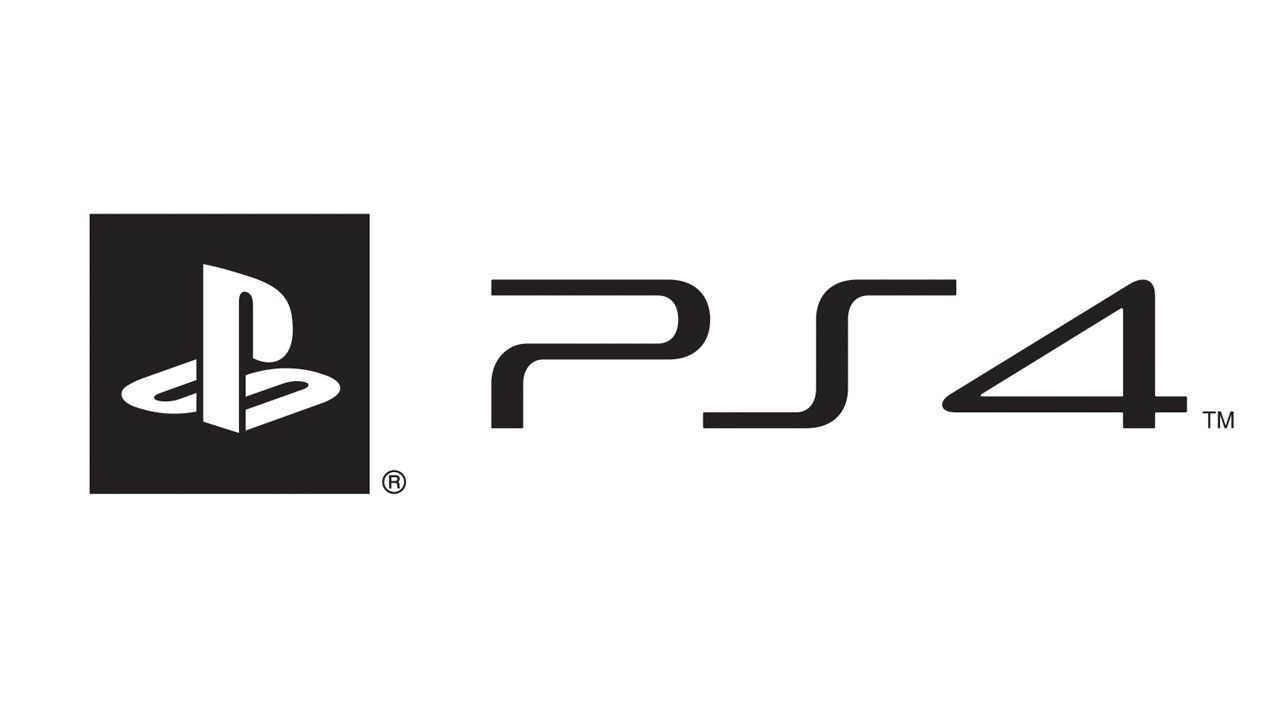DAOs are companies that operate autonomously and without centralized leadership. Its members, also known as token holders or investors, are involved in the management and decision-making processes and share a common goal. They can participate in a DAO without the use of an intermediary.
Rather than receiving company stock, DAO investors receive equity in governance tokens that can be freely traded. Depending on the platform, these tokens frequently have additional benefits, such as voting rights and access to exclusive NFT drops.
Moreover, all decentralized autonomous organizations have token rules and regulations, such as token supply and token holder incentives. In the early stages of a DAO, a certain number of tokens are typically minted and distributed. Supply and demand determine the value of a token.
History of DAO
While the use of decentralization in business has been discussed since the 1960s, the term decentralized autonomous organization was coined in 1997 and is based on the concept of an Internet-connected home. Although these concepts have been immensely around for a long time, the first such organization, Bitcoin, is considered the first DAO.
The Larmier duo’s company, which ran on code and operated without human involvement, was the next significant event in DAO’s history. Dash pioneered decentralized governance in 2015, ushering in the DAO era as we know it today. It is thought to be the first DAO.
DAOs have experienced rapid growth in recent years. Between 2019 and 2020, active DAOs increased by 660%. DAOs began appearing in various industries, including games, NFTs, politics, art, and others.

Blockchain Games and DAOs
Decentralized autonomous organizations have influenced how gaming organizations operate, raise funds, and build communities. It is a critical component of Web3 gaming and the evolution of pay-to-win games.
Gamers have traditionally been at the bottom of traditional game structures, relegated to the role of mere game consumers. A DAO could change that by allowing players to contribute ideas, invest in projects they are interested in, and even participate in game development.
Alien Worlds Is A Successful Gaming DAO
Alien Worlds, a play-to-earn game created by Dacoco in 2020, is a prime example of a gaming DAO. In terms of monthly active users, this game has topped the blockchain gaming charts.
This metaverse comprises six planets, each operating autonomously as a decentralized autonomous organization (DAO) with its own resource strategy and games.
Players journey through this universe in search of Trilium (TLM), the game’s token, which can then be staked to one or more planets. Staking this token grants player voting rights, allows them to submit proposals, and even run for planetary council.
The fact that planet DAOs compete with one another distinguishes Alien Worlds. Furthermore, in this game, DAOs represent social units and communities in which players can collaborate and form genuine social connections.
Whereas this game is still in its initial stages, the way it incorporates decentralized autonomous organizations into the gameplay and traditional blockchain game elements like tokens, mining, and NFTs makes it a contender for the first genuinely sustainable metaverse game.
DAO Activity
The sheer number of decentralized autonomous organizations reveals little about their activity. To find out, consider the following metric: total votes per month within the DAO ecosystem.
Peak activity occurred in November 2021, followed by a drop in activity in the following months up until now. This can be attributed to the overall struggles in the cryptocurrency market and does not necessarily indicate the end of decentralized autonomous organizations.
Popular Blockchains for DAOs
As one might expect, Ethereum is the most widely used Blockchain for decentralized autonomous organizations. A recent study shows 83 of the top 100 governance tokens are linked to Ethereum.
Final Summary
While decentralized autonomous organizations have evolved significantly over the last several decades, they are only now reaching their stride as their adoption grows.

